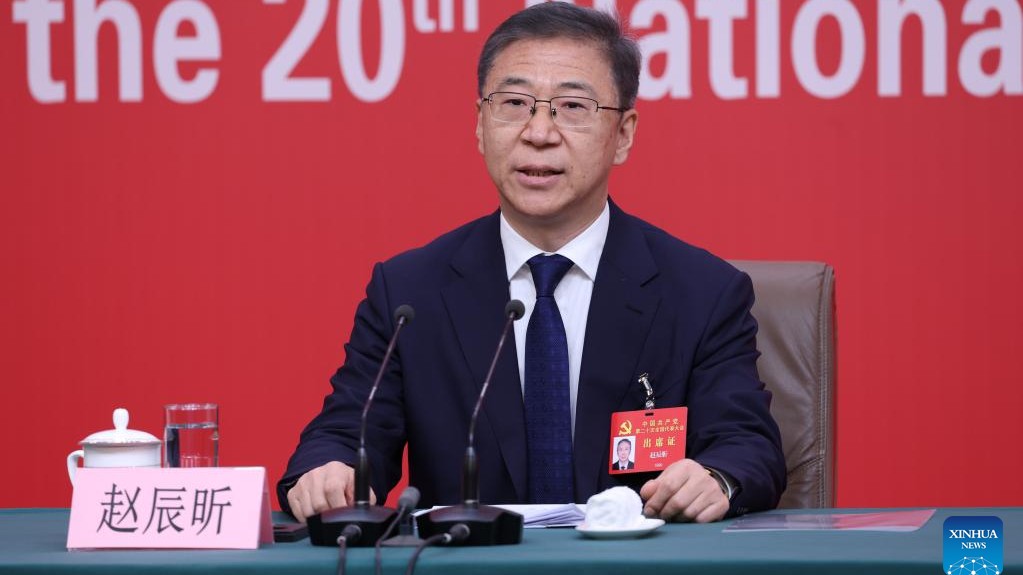A farmer watering tomato seedlings in his vegetable field while marigold flowers he planted in spring blooming nearby – that is a scene observed in Kuoshiwusitang village, Shache county, Kashgar Prefecture in Northwest China’s Xinjiang Uygur Autonomous Region.
Wiping away his sweat, the impoverished man named Qadir Yasen greeted Ayshemgul Tulapu, a government official in the township, saying that it’s not a problem that every mu, or 0.067 hectares, of tomatoes will generate an income of around 3,000 yuan ($425) as the tomato seedlings grow well.
Shache county has intensified poverty alleviation since the start of this year.
Not long ago, when Ayshemgul visited Qadir’s home, the official found that the villager was hesitating about whether to grow tomatoes or marigolds.
“This year, the village has organized seedling cultivation in greenhouses and invited agricultural technicians to instruct villagers. The village will also provide free seedlings for you according to poverty relief policies and help you sell your products,” Ayshemgul said, adding that subsidies will be offered if he has a bad harvest.
“Then I will plant about 0.13 hectares of marigolds and tomatoes, respectively,” Qadir showed his determination.
More than one month later, Qadir found that it’s not difficult to plant crops he had never grown despite a bit more complicated management.
“I will surely shake off poverty this year,” Qadir said, noting that he will buy seedlings himself next year instead of getting them for free.
Shache county faces challenges in poverty alleviation due to a large poor population. By the end of 2019, there were 173 poverty-stricken villages, 10,323 impoverished households, and 35,446 poor people in the county, accounting for one-third, one-fourth and one-fifth of the total in Xinjiang, respectively.
“We have pledged to ensure that all impoverished people will be lifted out of poverty as scheduled by implementing a targeted poverty alleviation strategy of ‘one plan for one village, and one measure for one household,’” said Fan Baojun, Party chief of the county, noting that each household will have more to expect in the future.
Shache has organized civil servants at all levels to provide pairing assistance for registered impoverished households. Capable and experienced officials in the county have offered pairing assistance to over 10,000 impoverished households.
For the households that have already been lifted out of poverty, the county required responsible officials to check risks of their relapsing into poverty with the help of a local poverty alleviation big data platform.
Nurnisa Sadiq, a farmer in Lan’gan village, Yakaairike township of the county, collected the second batch of spinach not long ago, and the newly transplanted onion seedlings have survived.
“I can harvest batches of vegetables in one year, and needn’t worry about sales as enterprises will collect my vegetables,” he said. The official designated for lifting his household out of poverty has not only helped Nurnisa adjust the farming pattern, but also supported him in running a small shop. Besides, his son is an auxiliary police officer, which means that all three members with the ability to work in his family have something to do.
“Targeted assistance means that we need to formulate a poverty alleviation plan tailored for each household and offer appropriate solutions based on individual conditions,” said Xing Baoxin, head of Shache’s organization department.
Xing is responsible for poverty alleviation in three villages in the county. When he visited in Tuowantuo Kamurike village, Memet Tursun, an impoverished villager, asked him for help as he wanted to apply for a 50,000-yuan ($7077) loan to raise cattle.
Xing asked the farmer whether he had ever raised cattle and mastered relevant skills and could repay the loan on time.
Feeling that Memet was a little discouraged, Xing said, “I remember that you can do electrical work, so you can find a job at a nearby market first as it is recruiting electricians.” The official then advised the impoverished man to consider raising cattle after learning breeding techniques in his spare time.
Memet agreed to the suggestion and secured the job the next day which pays him 2,500 yuan ($354) per month. Later, Xing bought him 100 squabs.
“It’s easier and it costs less to raise pigeons than cattle. I can surely get rid of poverty this year,” Memet said with more confidence.










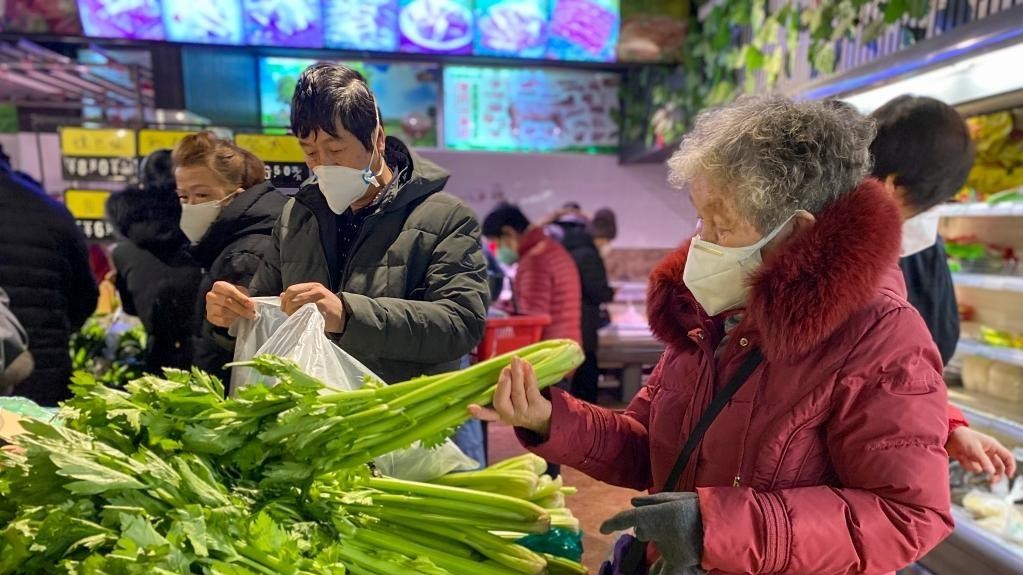



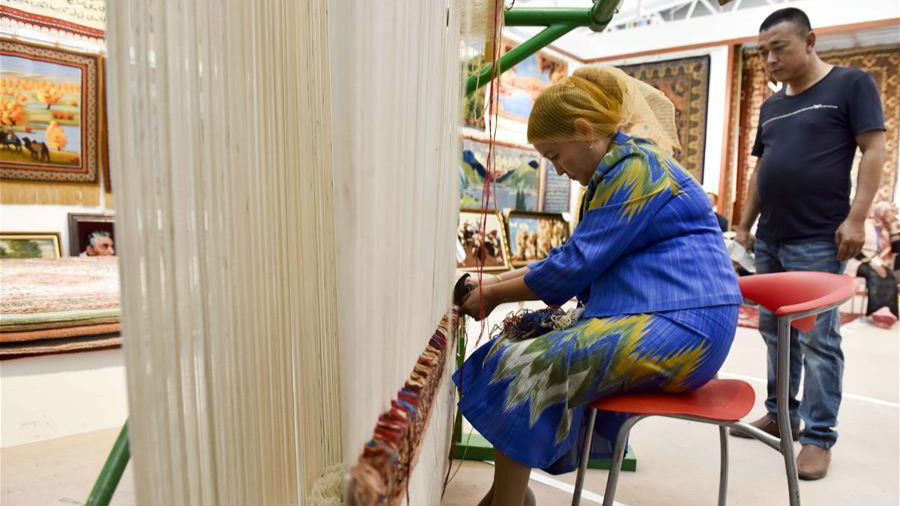
.jpg)





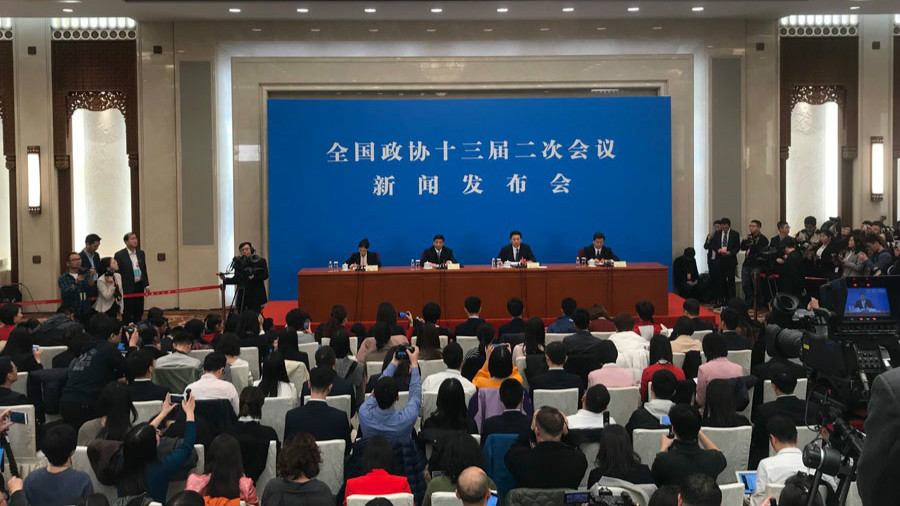
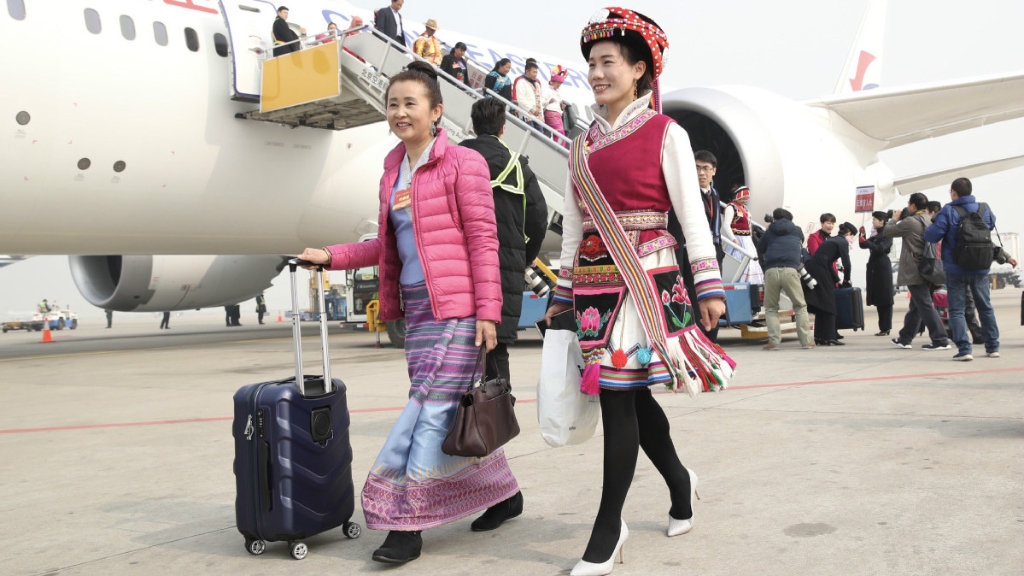


.jpg)
